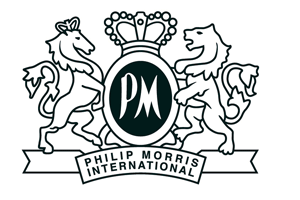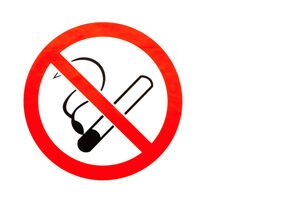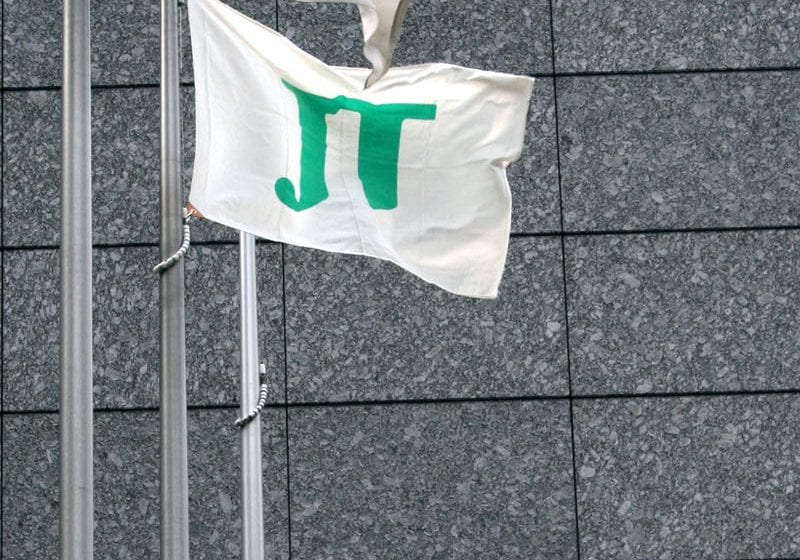Ahead of the meeting of the governing body of the International Labour Organization (ILO) on November 1, a coalition of about 200 public health organizations, including the World Health Organization, is urging the ILO to end its tobacco-industry ties, according to a story in the Nation (Thailand) relayed by the TMA
Dr. Mary Assunta, senior policy adviser for the Southeast Asia Tobacco Control Alliance (SEATCA), was quoted as saying that it was unfortunate that the ILO chose to damage its reputation by accepting money from the tobacco industry when other UN agencies had already “disengaged themselves from Big Tobacco”.
In June, the story reported, the UN had adopted a resolution encouraging its agencies to disengage with the tobacco industry, and, last month, the United Nations Global Compact (UNGC) had permanently banned tobacco industry participation.
Assunta said that the ILO had the opportunity “to catch up” with other agencies and “stand on the right side of history to prioritise and protect workers’ welfare”.
It was estimated that, since 2015, the ILO had received more than US$15 million from tobacco corporations for joint programs to combat child labor.
SEATCA said the industry used this collaboration to boost its public relations, but did little to address poverty among farmers, which was the cause of children having to work in tobacco fields.
Assunta urged the agency not to be swayed by “the paltry handouts from the tobacco industry”, and called on the governing body to cut ties with the tobacco industry as recommended in the model policy of the UN Inter-agency Task Force.










